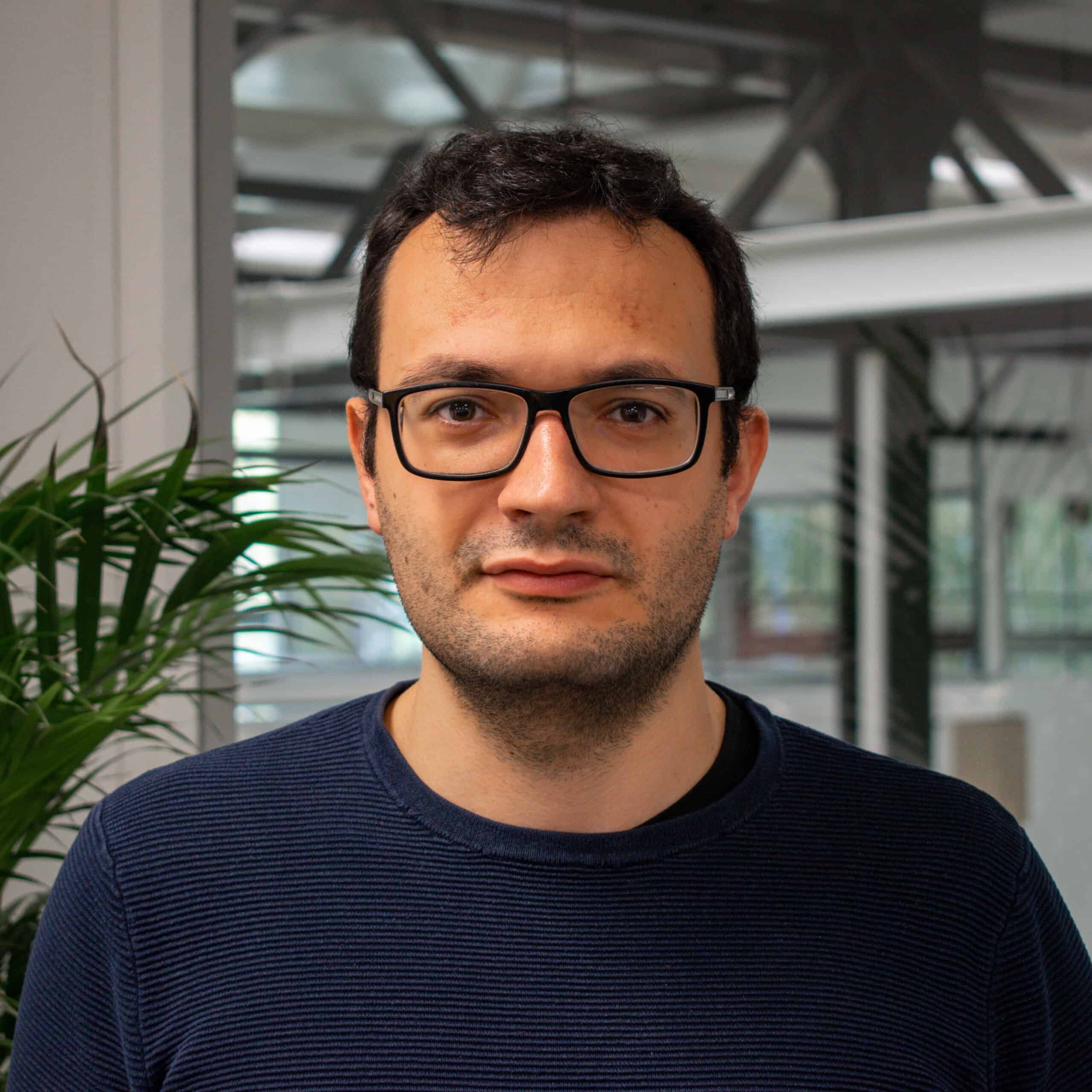
Getting a job opportunity, moving to a new country, and settling in are three moments every expat has experienced. But how does the Netherlands look in the eyes of the foreigners who move here for work? In our new series, Dutch Diaries, we bring the stories of expats who moved to the Netherlands to work in the tech and innovation sectors. Why did they decide to come here? What do they like the most about the Netherlands? What would they change?
Two years ago, Alpar Pelea (32) came from Romania with his wife and dog, Pablo. He initially lived in Eindhoven but has now moved to Culemborg, a small town south of Utrecht. With a law background, he started his career as a junior accountant. Nowadays, he works as a junior solutions architect for the hotel company citizenM. In his position, he makes sure the software used by his fellow colleagues is maintained and upgraded. He also takes care of the requests a department may have, conducting research on what tools to use and how to develop such tools. “My job has a major tech part, but also a very important people part, too,” he says.

So, what was it that drew you to the Netherlands?
“It’s a funny story. In the company where I used to work in Romania, I had a Romanian-born in the Netherlands colleague— we worked together for about a year and a half. Then he left the company to return to the Netherlands, but he stayed in our WhatsApp group; in a way, it was as if he never left. One day, he posted a job vacancy at the company he was working for, and I decided to apply.
When I received this offer, my wife had already decided to sell the apartment we were living in to move to the one she used to live in in her childhood. Since we started considering relocating to the Netherlands, it has been a physically and emotionally tough journey. It was the most horrible month of my life because of several personal circumstances, but then we decided to move. We packed our car with all our belongings, stacking all our boxes as if playing Tetris.”
What is the thing you had the most trouble getting used to?
“The hardest part was the switch to a much more digitized society. Navigating through it wasn’t necessarily harder, but comprehending it surely was. Having this possibility wasn’t a necessity I had, but now I can basically control everything with my phone Besides, after two years of social exiliation, getting back into sociality again and doing so out of my comfort zone wasn’t easy either.”

What is your opinion about the Dutch working environment?
“In Romania, I used to work in an outsourcing company, as most of the corporate jobs in the country. Working there meant having two bosses, one from your company and one from the client. It can get quite stressful and highly demanding.
In the Netherlands, work-life balance is better. The company I currently work for has ‘freedom within a framework’ as a motto. One is freer to organize things as long as one makes it to the meetings and achieves the set targets. Here, you also have more rights as an employee.”
How long did it take you to get used to it?
“I didn’t.”
How come?
“Because I come from an environment where everybody wants to out-strive and outcompete each other to get performance bonuses. Living in that environment for six years, where everyone puts a lot of pressure, stayed with me. And here, I’m told not to take too much work when back in Romania, that was not even a choice.”
Is there a Dutch habit you don’t get?
Laughs: “Eating bitterballen! Besides that, I think the attitude to constantly plan things. Dutch people might even have the next three years planned out, which is not necessarily bad, but I tend to do fun stuff just by nature.”
What practice would you bring from Romania that you miss in the Netherlands?
“More ownership and more accountability. If you lack accountability, you lack ownership; if ownership lacks, guidance will also lack, and eventually, vision, too.”






